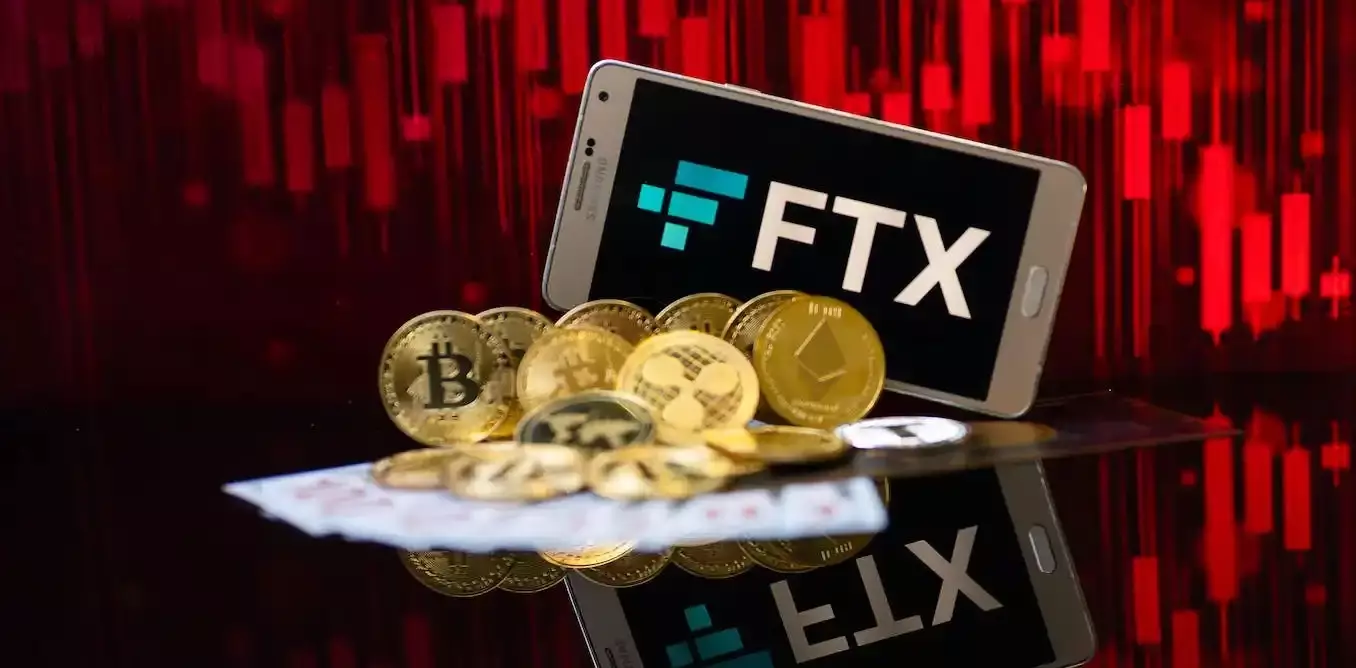In a recent court filing, FTX, the crypto exchange currently navigating bankruptcy, has made significant changes to its proposal for the sale of its Bitcoin and crypto holdings. This move comes as a response to concerns raised by the US Trustee, the bankruptcy branch of the Department of Justice.
FTX initially proposed a plan to liquidate $3.4 billion in Bitcoin and other crypto assets. However, this plan received criticism from the market, which feared that such a massive sale could have a detrimental impact on the already fragile crypto market.
In the original proposal, FTX suggested appointing Galaxy Digital, led by Mike Novogratz, as the investment manager to oversee the sale and management of the recovered assets. This plan allowed FTX to sell up to $100 million worth of tokens per week, with the potential to increase the cap to $200 million on an individual token basis.
FTX’s revised proposal addresses the concerns raised by the US Trustee. One significant change is that FTX will not be required to issue advance public notice of the transactions due to their potential to influence market prices. The mere prospect of a crypto entity selling up to $100 million of assets weekly has already dampened market sentiment.
Initially, the US Trustee opposed FTX’s plan, arguing that any intent to sell significant assets like Bitcoin or Ether should be widely publicized to allow others the opportunity to voice objections. As a compromise, FTX has agreed to keep the US Trustee and committees representing the exchange’s creditors privately informed.
As of August 31, FTX’s holdings include $1.16 billion in Solana’s SOL, $560 million in Bitcoin (BTC), $192 million in Ethereum (ETH), and various other cryptocurrencies. Notably, a significant portion of FTX’s SOL tokens is locked and will only be fully vested between 2025 and 2028. This means that any sale would involve a buyer taking over FTX’s vesting contract, preventing a sudden massive dump of SOL tokens.
Renowned crypto trader Hsaka has raised concerns about potential information disparity. While market makers and over-the-counter buyers might receive crucial price-moving information, smaller investors could be left in the dark. This lack of transparency raises questions about the overall fairness of the liquidation process.
The court order authorizing the liquidation suggests that the interests of all stakeholders have been considered. However, the Bitcoin and crypto community will be closely watching Judge John Dorsey’s decision in the Delaware courtroom and the subsequent market reactions. Any decision made will have significant implications for the future of FTX and the broader crypto market.
FTX’s last-minute adjustments to its liquidation plan aim to minimize potential disruptions in the market. While these changes may address some concerns, they also raise questions about transparency and the fairness of the process. The outcome of this case will undoubtedly have a lasting impact on the crypto industry, highlighting the complexities and challenges of navigating bankruptcy in the rapidly evolving world of cryptocurrencies.

